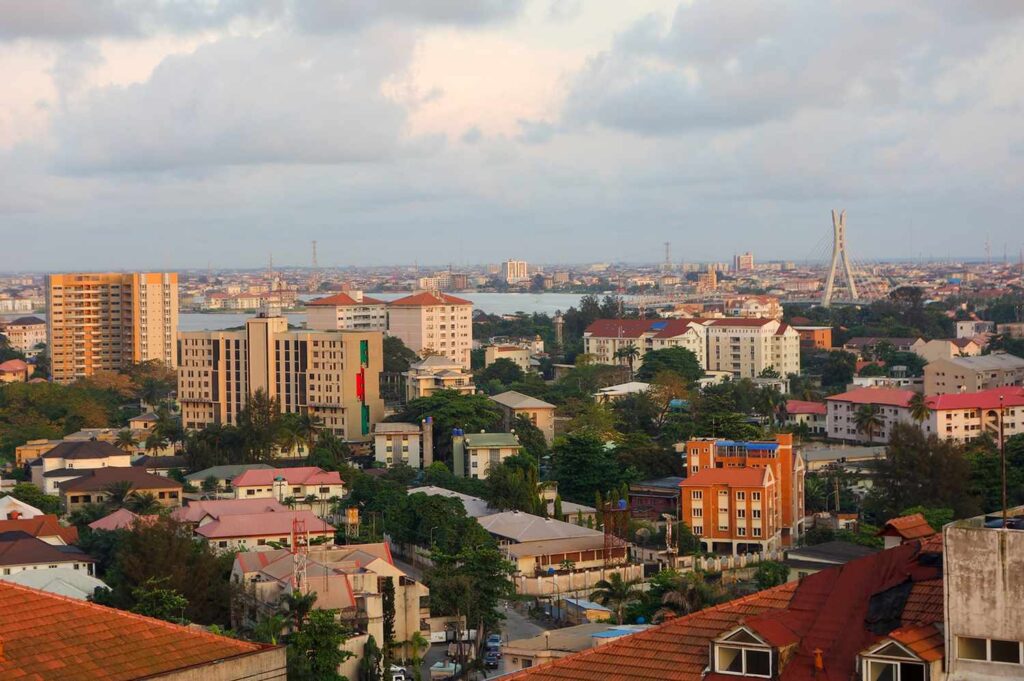:max_bytes(150000):strip_icc():format(jpeg)/TAL-header-acacia-gabriel-philippines-PHLIPNSSINGING1224-ab8e2b9d0aa14c028c4f2584f993695f.jpg)
When my Lolo and Lola moved to Chicago from Metro Manila, they wanted to give their children the best chance to assimilate. It was well-intentioned, but now, no one in my family speaks Tagalog, and my dad is more attached to Portillo’s hot dogs than chicken adobo.
Before my first trip to the Philippines, I worried this disconnect might make me feel isolated. As an Asian American, I am often troubled by the typical identity crises, and it’s easy to wonder exactly where I belong. After my grandparents passed, I secretly hoped seeing the country they grew up in might unlock something deep inside of me.
I started in Manila, a lively city full of fantastic restaurants, kind people, and malls that feel like forests. From there, I headed to Palawan and Siargao. As I settled in, I realized there was only one way for me to feel at home: through song.
Acacia Gabriel/Travel + Leisure
I have always loved singing and playing guitar. When I hear any music, it’s nearly impossible not to join along, sing out loud, and release into the moment. This can lead to some awkward outbursts and odd stares in the U.S., but, in the Philippines, that’s just the way life is.
The Philippines considers karaoke a national pastime, and the people around you are constantly crooning into their Magic Sing microphones or portable karaoke machines. Whether you’re grabbing a latte at Coffee Stroll in Siargao or playing with baby pigs on the beach in Port Barton, you can always hear someone singing. I once drove my moped to the top of a hill in the middle of an island and ran into an elderly man, surrounded by nothing but palm trees, singing Bruno Mars into his portable machine.
Acacia Gabriel/Travel + Leisure
Throughout my trip, as I hummed along, I soon found myself being pushed in front of crowds, mic in hand. Making music opened me up to unexpected sidequests. I sang with talented jazz bands and cover artists, and these nights were full of dancing, laughter, and Red Horse beers. Not only did I meet new people, but my guitar also got me invited to barbecues on the beach and jam sessions in backyards. These intimate settings broke through the exhausting small talk and allowed for true conversation.
Acacia Gabriel/Travel + Leisure
Making music is an act that transcends language because we can all share the same feelings of joy, sorrow, and magic. When you play a tune with others, you connect through a harmony that goes far beyond borders.
If anyone complimented my voice, the locals would say, “Of course she can sing. She’s Filipino.” That was that. To these warm and friendly people, the fact that I was Filipino was simple in a way I had never known.
While this experience provided me with much-needed clarity and validation, everyone finds themselves in their own ways. Perhaps it’s an old family recipe for lumpia or a fondness of the ocean. Maybe it’s a fierce love for your family or the sense of Pinoy pride whenever you find out a celebrity is Filipino. It can be a combination of these things or something that’s out there waiting for you to conceptualize and explore.
Acacia Gabriel/Travel + Leisure
A part of me wishes I could discover an all-encompassing cure and prescribe it like a pill, but that would oversimplify the realities and complexities of the Asian American experience. The best we can do is approach the cultures of our families with openness, curiosity, and authenticity. When you visit the countries of your ancestors and allow people to see who you truly are, you never know where the adventure will take you.
Singing on the beach under the stars may not stop people (or me) from questioning the legitimacy of my Asian identity, but these moments bond me to the community and culture of my grandparents. They inspire me to seek connection in the spontaneous and unexpected.
Most of all, these experiences remind me that only I get to define for myself what it means to be Filipino American.
In the Philippines, there are thousands of islands left to explore, but no matter where you go, you’ll find a karaoke machine on every block. And, Filipino or not, you are always invited to sing along.


